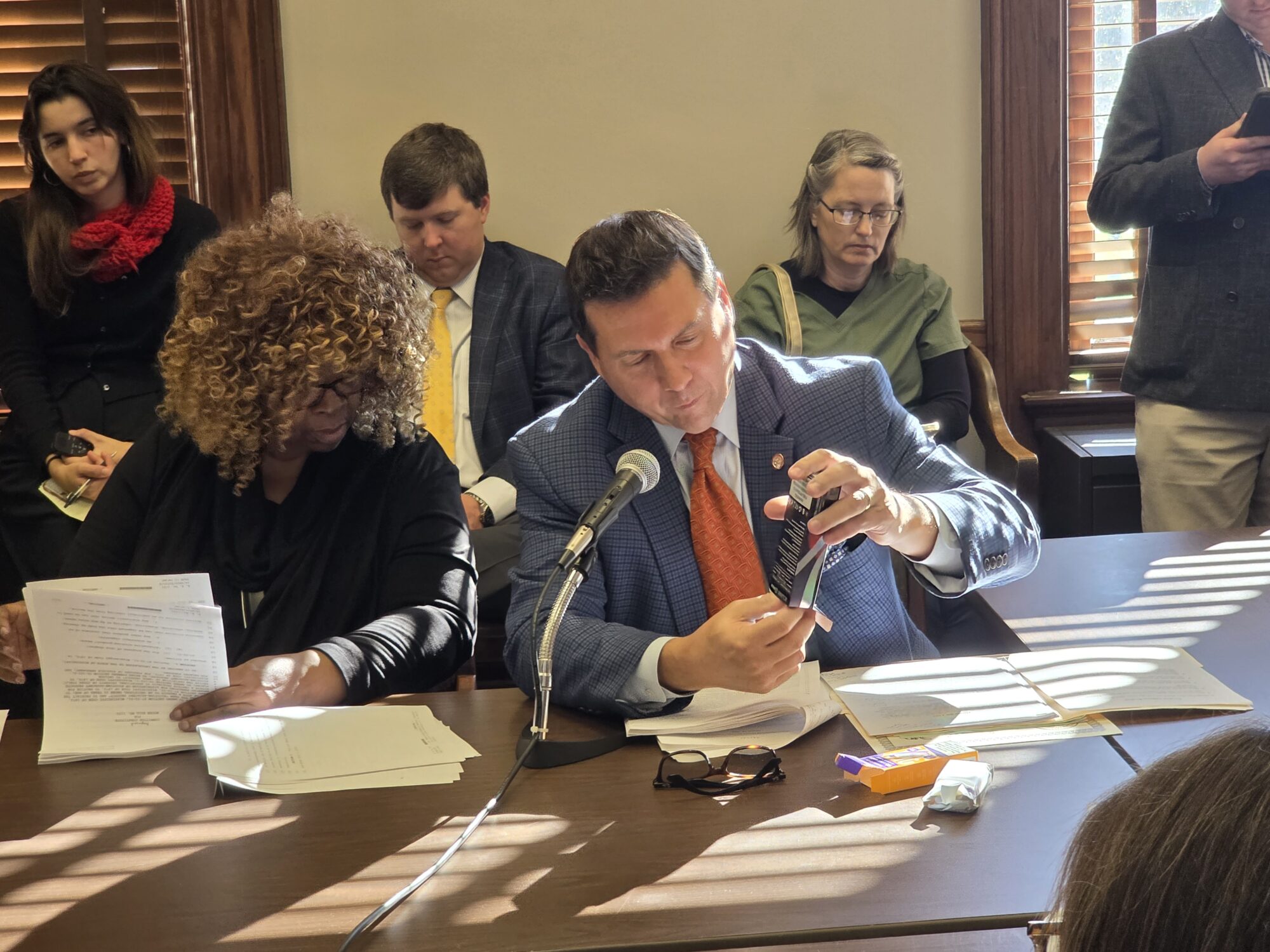Mississippi’s Economic Competitiveness Ranks 19th
Washington, D.C. —According to a new study from the American Legislative Exchange Council (ALEC), Mississippi’s economic outlook now ranks 19th out of the 50 states. The second edition of Rich States, Poor States: ALEC-Laffer State Economic Competitiveness Index offers a roadmap for economic recovery based on state policies that have a proven impact on growth.
Having one of the highest sales tax burdens in America hurt Mississippi’s economic outlook. However, on the positive side, the study gives good marks to Mississippi for having a competitive corporate income tax, good labor policies and low levels of state debt.
Among bordering states, Tennessee ranks 9th, Florida ranks 11th, Arkansas ranks 12th, Alabama ranks 16th and Louisiana ranks 18th.
The report shows how federal stimulus dollars may simply encourage out-of-control state spending, which is up 124 percent over the last 10 years, without requiring states to make the tough decisions needed to bring about financial stability. “States were quick to increase spending and add programs during the good times,” said State Sen. Alan Nunnelee, ALEC’s Mississippi State Co-Chairman. “We need to make tough choices to live within our means and prioritize our budget. The best solution to our budget woes is to control state spending and promote policies that foster economic growth and job creation.”
Co-author and renowned economist Dr. Arthur B. Laffer summarized the report’s findings when he said, “States cannot tax their way into prosperity.” Rich States, Poor States presents rankings of the 50 states based on the relationship between policies and performance – revealing which states are best positioned to make a recovery, and which are not.
Laffer and his co-authors, Steve Moore, senior economics writer at The Wall Street Journal, and Jonathan Williams, director of the Tax and Fiscal Policy Task Force for ALEC, analyze how economic competitiveness drives income, population and job growth in the states. They found that, “states with a high and rising tax burden are more likely to suffer through economic decline, while those with lower and falling tax burdens are more likely to enjoy robust economic growth.”
“The top performing states keep taxes, spending, and regulatory burdens low, while the biggest losers in the book tend to share similar policies of high tax rates, unsustainable spending and regulation,” said co-author, Jonathan Williams. “State governments that believe they can bring about economic recovery by growing government and increasing taxes are sadly mistaken.”
TOP FIVE STATES BOTTOM FIVE STATES
1. Utah 46. New Jersey
2. Colorado 47. Maine
3. Arizona 48. Rhode Island
4. Virginia 49. Vermont
5. South Dakota 50. New York
To read more about the state-to-state comparisons, see the individual state analysis, and view the full report, download it for free at www.alec.org.
American Legislative Exchange
7/10/9







